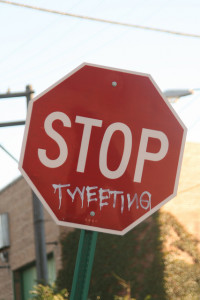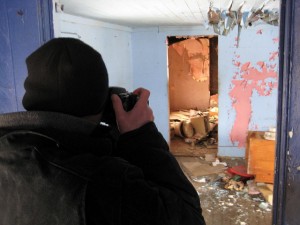I wrote a few months ago on this blog about the decision of Administrative Law Judge Susan A. Flynn from the National Labor Relations Board (NLRB), which ruled in Chipotle Services LLC d/b/a Chipotle Mexican Grill that Chipotle had violated Section 8(a)(1) of the National Labor Relations Act (NLRA) when it asked an employee, who was later fired, to delete some of his tweets about employees’ wages or other terms and conditions of employment.
On August 18, 2016, a three-member panel of the NLRB affirmed, and ordered Chipotle to cease maintaining its ‘Social Media Code of Conduct’ which prohibits its employees from posting incomplete, confidential or inaccurate information and making disparaging, false or misleading statements.
Section 8(a)(1) of the NLRA prohibits employers “to interfere with, restrain, or coerce employees in the exercise of the rights guaranteed in Section 7 [of the NLRA].” Under Section 7 of the NLRA, employees, whether they belong to a union or not, have the right to engage in “concerted activity for the purpose of collective bargaining or other mutual aid or protection,” NLRA §7, 29 U.S.C. §157.
The two challenged provisions of Chipotle’s outdated social media policy were:
“If you aren’t careful and don’t use your head, your online activity can also damage Chipotle or spread incomplete, confidential, or inaccurate information.”
“You may not make disparaging, false, misleading, harassing or discriminatory statements about or relating to Chipotle, our employees, suppliers, customers, competition, or investors.”
However, the panel reversed Judge Flynn’s finding that Chipotle had violated Section 8(a)(1) by directing its employee to delete his tweets which commented on Chipotle’s hourly wage and on the fact that its employees have to go to work even on a snow day, because the panel “[did] not find that [the employee]’s underlying actions were concerted.” There are two prongs in Section 7, whether the activity was concerted and whether the activity was for mutual aid and protection, and so one prong was missing there, according to the panel.
The panel also ordered Chipotle to reinstate the employee who had been fired with back pay and other compensations.
Image is courtesy of Flickr user Nan Palmero under a CC BY 2.0 license.





